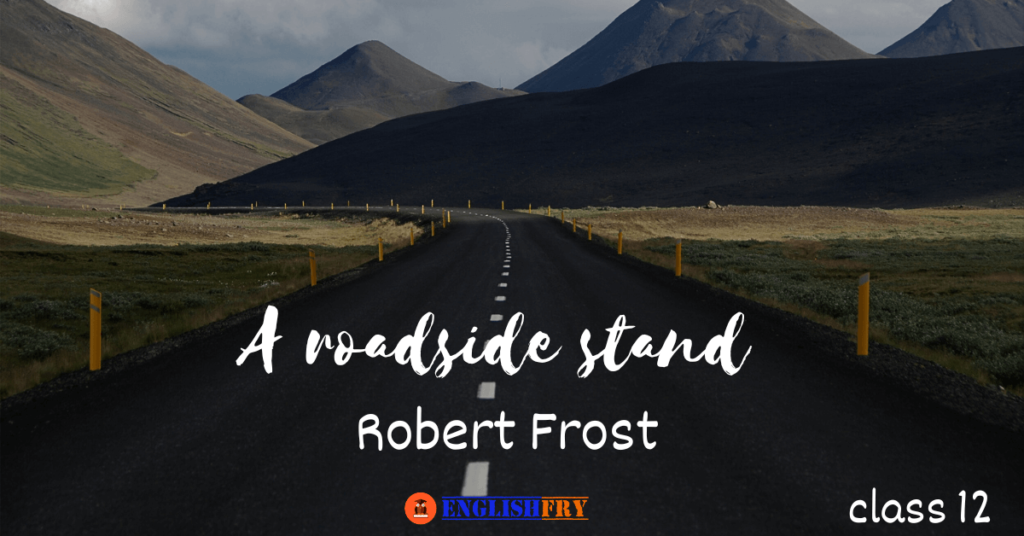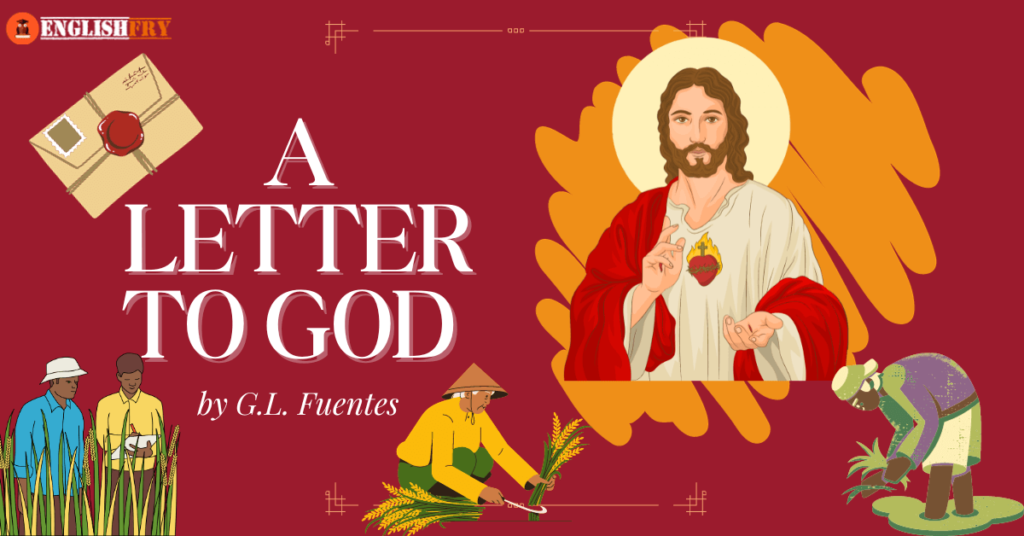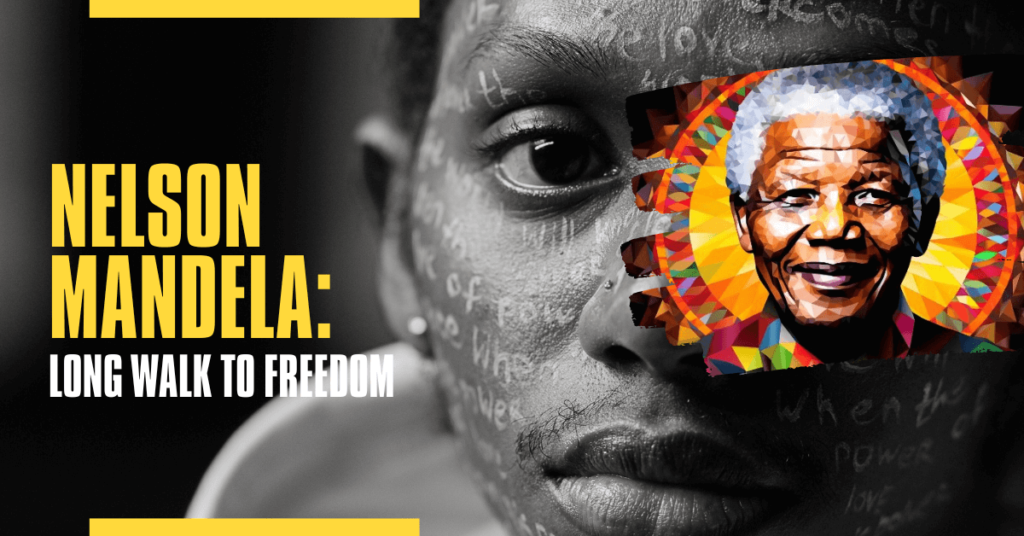Table of Contents
ToggleAbout Robert Frost
A roadside stand class 12 ncert solutions for Class 12 English Flamingo Poetry Chapter five makes it smooth for the scholars to put together properly for the exams. By the use of NCERT Solutions, students could be able to apprehend the method of answering the textbook questions successfully. The predominant objective of offering these answers is to assist college students recognize the principle subject matter of this poem. It is taken into consideration to be one of the first-class have a look at assets for the exam education of Class 12 college students.
Chapter 5 of NCERT Solutions for Class 12 English Flamingo Poetry gives expertise approximately the lives of poor human beings. The poet clearly explains the evaluation between the lives of humans living within the countryside and the people residing inside the town. He says that people dwelling in the town are the least troubled about how the human beings at the roadside continue to exist. These topics are definitely mentioned inside the NCERT Class 12 English answers to help students get excellent rankings in the Class 12 exam.
- A highly acclaimed American poet of the twentieth century.
- Robert Frost wrote about characters, people and landscapes.
- His poems are concerned with human tragedies and fears, his reaction to the complexities of life and his ultimate acceptance of his burdens.
- Stopping by the Woods on a Snowy Evening, Birches, Mending walls are a few of his well-known poems.
- In the poem A Roadside Stand, Frost presents the lives of poor & deprived rural people with the deepest sympathy and humanity.
class 12 ncert solutions Summary
The poem discusses the plight of bad rural human beings who have installed a roadside stand near a busy metropolis road. They desire to promote meal items to city dwellers. The metropolis folk largely forget about them, dashing by way of their motors and displaying no interest. The poet calls this lack of empathy to some affluent town residents. These rich human beings notwithstanding their wealth, do not help these struggling people. The ruling celebration promises to provide economic independence and a higher existence for the negative however these are false guarantees which have no longer supposed to be fulfilled.
The poem additionally highlights the exploitation of these rural humans through capitalists and social workers who make false guarantees, cheat them, and hold them ignorant. The poet feels deep sorrow for those people and their dashed hopes. These roadside stand owners pray all day long for stopping an automobile at their stand however despite their prayers and expectancies, very few motors prevent at the roadside stand.
The poem ends with the poet expressing a craving for a person to alleviate his emotional burden by telling him that those terrible humans have acquired justice, care, and luxury. This text emphasizes the disparity between the rich and bad, the damaged promises of these in strength, and the poet’s deep challenge for the suffering rural populace.
Stanza-wise Explanation
(Lines 1-6)
The little old house was out with a little new shed
In front at the edge of the road where the traffic sped,
A roadside stand that too pathetically pled,||
It would not be fair to say for a dole of bread,
But for some of the money, the cash, whose flow supports
The flower of cities from sinking and withering faint.
Paraphrase:
The little antique house, the roadside stand, existed at the roadside to make a dwelling out of the town money. The proprietors of the roadside stand anticipated to attract the rich city guys by means of extending the shed closer to the street.
The sole expectation of the roadside human beings is the glide of town-cash into their palms. But their expectations are by no means fulfilled as the metropolis-going people are not kind enough to forestall for a while to buy their produce. Hence a pathetic existence for the roadside stand.Proprietors of the shed do now not want just bread or the fundamental facilities of life however a supply of trade profits to liberate them from their hand-to-mouth life.
(Lines 7-13)
The polished traffic passed with a mind ahead,
Or if ever aside a moment, then out of sorts ||
At having the landscape marred with the artless paint
Of signs that with N turned wrong and S turned wrong ||
Offered for sale wild berries in wooden quarts,
Or crook-necked golden squash with silver warts,
Or beauty rest in a beautiful mountain scene,
Paraphrase:
The city people who passed by the roadside stand were busy with their own thoughts for earning profit in their business and were not kind enough to stop their vehicles and buy the products of the roadside shops.
The city-going people if ever they stop for a moment, they complain that the roadside stand, with its artless paint, ruined the beauty of nature.
Another complaint is that the letters like ‘N’ and ‘S’ of the sign posts are wrongly written.
The owner of the roadside shop being illiterate, has erected the signpost with S and N inverted.
The articles for sale at the roadside stand are Wild berries in wooden containers, crook-necked golden squash with silver warts and paintings of mountain scenery which are for sale at the roadside stand.
LINES 14-17
You have the money,
but if you want to be mean,
Why keep your money (this crossly) and go along. The hurt to the scenery wouldn’t be my complaint
So much as the trusting sorrow of what is unsaid.
Paraphrase:
Being angry at the indifferent attitude of the so-called ‘polished traffic‘, the poet asks them to move ahead without noticing the road-side stand.
The poet further regrets that the damage caused by roadside people to nature as claimed by city-dwellers is not a serious concern.
But what is serious and matter of concern is the sorrow resulting out of the fake promises by city-dwellers to buy the products of roadside shops.
They hardly stop to buy and therefore, the economical status of the poor people remain where it is. This is what is the meaning of ‘trusting sorrow of what is unsaid.’
Lines (18-22)
Here far from the city we make our roadside stand
And ask for some city money to feel in hand ||
To try if it will not make our being expand, ||
And give us the life of the moving-pictures’ promise
That the party in power is said to be keeping from us. ||
Paraphrase:
The village people ask for some city cash because they want to feel it in hand
and want to try if that generosity from city-people in buying their products would enable them to make financial progress.
The poor villagers have opened the roadside shops with expectations that their products would bring them some cash and bring about some improvement in their lifestyles as are shown on some movies.
The poet further says that political parties have not yet provided the lifestyles that they promised to the people of villages while seeking votes.
Village people are merely used as vote banks and therefore become victims of false promises.
Lines (23-26)
It is in the news that all these pitiful kin
Are to be bought out and mercifully gathered in
To live in villages, next to the theatre and the store,
Where they won’t have to think for themselves anymore,
Paraphrase:
The poet highlights the news that all these pitiful farmers are to be bought out and gathered in to live in villages where theatres , stores , malls , multiplexes shall come up. In that case, they will not have worries of life.
The so called civic authorities assured the village folk that their economic status would improve once they live near the theaters, multiplexes etc.
These fake promises are just an illusion for the poor rural people.
Lines (27-31)
While greedy good-doers, beneficent beasts of prey,
Swarm over their lives enforcing benefits
That are calculated to soothe them out of their wits, ||
And by teaching them how to sleep they sleep all day,
Destroy their sleeping at night the ancient way.
Paraphrase:
Greedy good-doers and beasts of prey are the civic authorities who exploit the innocent village folk by giving them a short term sense of security.
They swarm over their lives These unprincipled people shall proclaim to provide these farmer various facilities.
But in reality they will destroy their sleep and make their lives a living hell by snatching those material things from the rural people.
Lines 32-37
Sometimes I feel myself I can hardly bear
The thought of so much childish longing in vain,
The sadness that lurks near the open window there,
That waits all day in almost open prayer
For the squeal of brakes, the sound of a stopping car,
Of all the thousand selfish cars that pass..
Paraphrase:
The poet says that he can hardly bear the endless wait of the village folks for prospective customers from the city.
The poor people’s futile expectation for the city money has been compared to children’s longing for things beyond their reach.
In the phrase ‘sadness that lurks’ sadness has been personified as it lies in wait near the open window praying for a city customer to arrive and enquire the price of the village people’s products.
Lines 38-43
Just one to inquire what a farmer’s prices are.
And one did stop, but only to plow up grass
In using the yard to back and turn around;
And another to ask the way to where it was bound;
And another to ask could they sell it a gallon of gas
They couldn’t (this crossly); they had none, didn’t it see?
Paraphrase:
If any city-goer ever stops at the roadside stand, it is either to reverse his car, to ask for directions or to ask if he could buy fuel for his car.
they had none: Village people did not have fuel for vehicles to sell.
With every passing selfish car that stops, the farmer’s hope rises, only to be disappointed.
None of them seems to be considerate enough to buy the products from roadside stand. This makes the village folk at the roadside stand cross (angry).
Lines 44-48
No, in country money, the country scale of gain,
The requisite lift of spirit has never been found,
Or so the voice of the country seems to complain.
I can’t help owning the great relief it would be
To put these people at one stroke out of their pain.
Paraphrase:
Country money is the small income that the poor village folks make. It cannot be compared to the affluence of the rich in cities
Village people estimate their economic growth by means of the small profit at hand.(country scale of gain)
With such a meagre( small) income and small profit earned, village people could never experience ‘lift of spirit’ as small income can never give additional lift to one’s spirit.
The poet wishes to lift the poor people out of their pain, poverty and endless miseries. But as the reality is different, he is sad and thinks that death at one stroke can end all their grief and suffering.
Lines 49-51
And then next day as I come back into the sane,
I wonder how I should like you to come to me
And offer to put me gently out of my pain.
Paraphrase:
But next morning when he came to senses, he realized that his earlier thought of death being the only solution to come out poverty is useless and decided that govt/civic bodies can only uplift the miserable condition of the village folks.
The poet’s pain is the yawning(huge) gap between the rich and the poor.
The poet appeals to party in power to relieve these farmers out of their pains.

A roadside stand short question answer
- What is in the ‘news’ as mentioned in ‘A Roadside
Stand’? (2015, 20)
Ans: It was in the news that the innocent rural flok would be brought out with all their belonging and settled in villages. They won’t have to think for themselves anymore as the so-called ‘good-doers’ will take care of them.
- Why do the people who are running the roadside stand ‘ask for some city money’?(2015)
Ans: The people who are running the roadside stand ask for some city money to bring some changes and prosperity in their lives.
- ‘Of the thousand selfish cars’ some stop there but not for buying something. Why do they stop there at all? (2016)
Ans: Contrary to the expectations of the poor farmers’ cars never stop by their roadside stands. If sometimes they do at all, it is only to use the yard to back and to turn round the car. Some time cars stop only to ask their way ahead or to ask for a gallon of gas(petrol).
- Who will soothe the rural poor out of their wits and how? (2016)
Ans: Some cunning and selfish city people will soothe the rural poor out of their wits. They will swarm over their lives and earn money befooling them. They are cruel like flesh-eating wild animals and destroy the peace and sleep of the innocent rural folk.
- What is being sold in the Roadside stand? (2017, 12)
Ans: Wild berril̥s and crook-necked squash and such other products are sold on the roadside stand.
- What is the ‘childish longing that the poet refers to? Why is it ‘vain’? (2017, 12)
Ans: The poet has the childish longing that he could hardly bear the pain of the farmer and wants to put the all poor people out of their pain at one stroke. This longing of the poet is in vain because it is never possible for him to help all the poor people out of their pain.
- Who referred to as the ‘flower of cities’ in ‘A Roadside Stand’? (2018)
Ans: The best thing about the cities is referred to as ‘the flower of cities’.
- Which things irritated the passers-by who stooped at the road-side stand? (2018, 12)
Ans: The passers-by who stooped at the road-side stand was irritated at the part that the letter ‘N’ and ‘S’ turned wrong.
- How did the travellers on the highways react to the roadside stand? (2019)
Ans: The travelers on the highway reacted very strangely to the roadside stand. They didn’t even stop and bought any goods from the poor people. If any traveler would stop there, it is only for the turn round the car or to ask ahead direction or ask for petrol.
- What is the word ‘Pathetic’ used for the roadside stand? (2013)
Ans: The word ‘Pathetic’ is used for the roadside stand because it is totally unattractive and has no appeal to passers-by.

A roadside stand extra questions and answers
1. Who are referred to as the ‘flower of cities’ ?
Ans : The pleasures of the cities are referred to as the “flower of cities”.
2. What are being sold in that roadside stand ?
Ans: Wild berries and crook-necked golden squash with silver warts and similar other products are being sold in that roadside stand.
3. Why do the people running the roadside stand ask for some city money ?
4. Who has betrayed the rural people and how?
5. Why do the people wait all day long for?
6. What will be of great relief to the poet?
7. “The little old house was out with a little new shed..” What does the poet mean by the phrase “old house was out with…”?
Ans. The phrase “old house was with …” is used by the poet to express the yearning of the poor people to earn money by putting up the roadside stand.
Long Answer Type Question
1. Explain the following:
(1) ….But for some of the money, the cash, whose flow supports
the flower of cities, from sinking and withering faint.
(2) And give us the life of the moving pictures promised
That the party in power is said to be keeping from us.
(3) Sometimes I feel myself I can hardly bear
The thought of so much childish longing in vain
(4) No, in country money, the country scale of gain,
The requisite lift of spirit has never been found.
Or so the voice of the country seems to complain
Founder of Englishfry.com, a captivating and knowledge-driven blog & Founder of Android app/website Studyfunnel.com, an online Mock Test Series Portal. With a wealth of experience spanning over 16+ years, he has excelled as an Ex-Asst.Professor, Teacher, Amazon published author, Website Developer, Graphic Designer,Blogger,Poet, and Creative academic content writer publisher of 4 academic books. His tryst in Literature helped him realize his love for writing and telling stories. A tech-savvy language nerd by day and, a passionate writer by night, he now translates his experiences into tales of wisdom served with a side of humor.His widely recognized profound insights ,captivating writing style of weaving words make him contribute to prestigious publications and a sought-after authority in the field that transport readers to extraordinary worlds.








